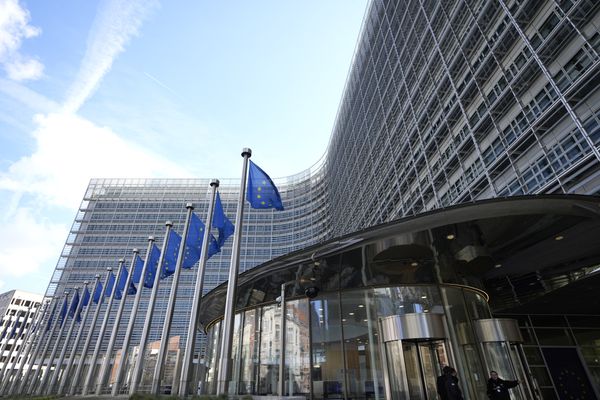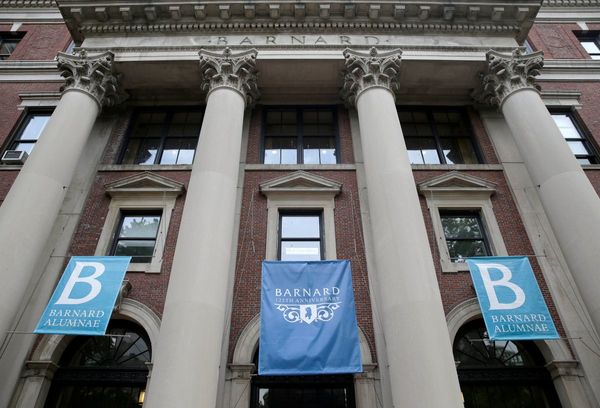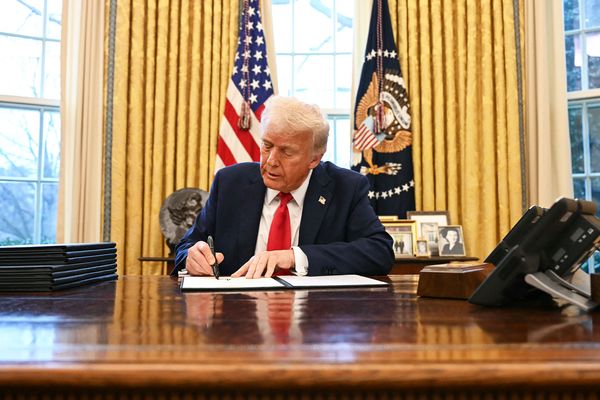Kwasi Kwarteng’s “reckless” mini-budget is “cold comfort” for millions of Scots, John Swinney has said.
But the interim SNP Finance Secretary said there would be no rush to adjust Scottish income tax rates after Kwarteng slashed the upper rate of income tax for the wealthy paying taxes in England and cut stamp duty.
Swinney emphasised that separate house sales taxes and Scottish income taxes will be set out as part of the normal budget process with an annual Scottish budget due in February.
The SNP Deputy First Minister, who is acting Finance Secretary too, said he was hugely disappointed by the financial statement which offered “tax cuts for corporations and bankers” and little for people struggling to pay their bills and heat their homes.
Swinney said: “We estimate that the increase in the price cap to £2,500 will force an estimated 150,000 more Scottish households into extreme fuel poverty.
“Instead of offering these people support, the Chancellor is threatening to cut their family budgets further, with a new regime of benefit sanctions. The Chancellor’s statement today will provide cold comfort to the millions of people across Scotland.
"We also want to have a close look at the investment zones being proposed by the Chancellor. They have to be the right fit for Scotland. We will keep discussing these plans with the UK Government as we move forward
"In terms of the growth plan, the UK Government are borrowing to give tax cuts to the wealthy, lowering regulatory standards and inflating an already booming housing market. This will lead to a growth in inequality, not a growth in public services or improving the quality of life for many.”
The Treasury said budget measures meant £660 million for Scotland but Swinney complained that because of inflation the Scottish Government’s budget is worth £1.7 billion less than it was when we set it in December
He added: “We are doing everything within our power to support people, public services and the economy, but these efforts are under threat by a reckless UK Government beginning a new, and dangerous race to the bottom. With a fixed Budget, and no scope to borrow for short term challenges, Scotland is at the mercy of UK decisions.”
What are the changes?
Kwarteng brought forward the planned cut to the basic rate of income tax to 19p in the pound a year early to April and reduced stamp duty for homebuyers.
He argued tax cuts are "central to solving the riddle of growth" as he confirmed plans to axe the cap on bankers' bonuses while adding restrictions to the welfare system.
Treasury estimates put the measures, including Liz Truss's promises to reverse the national insurance rise and axe the hike to corporation tax, as costing nearly £45 billion a year by 2026.
From April, the 629,000 earners getting more than £150,000 a year will no longer pay the top income tax rate of 45% and will instead pay the 40% applicable to those on over £50,271.
To sign up to the Daily Record Politics newsletter, click here.







